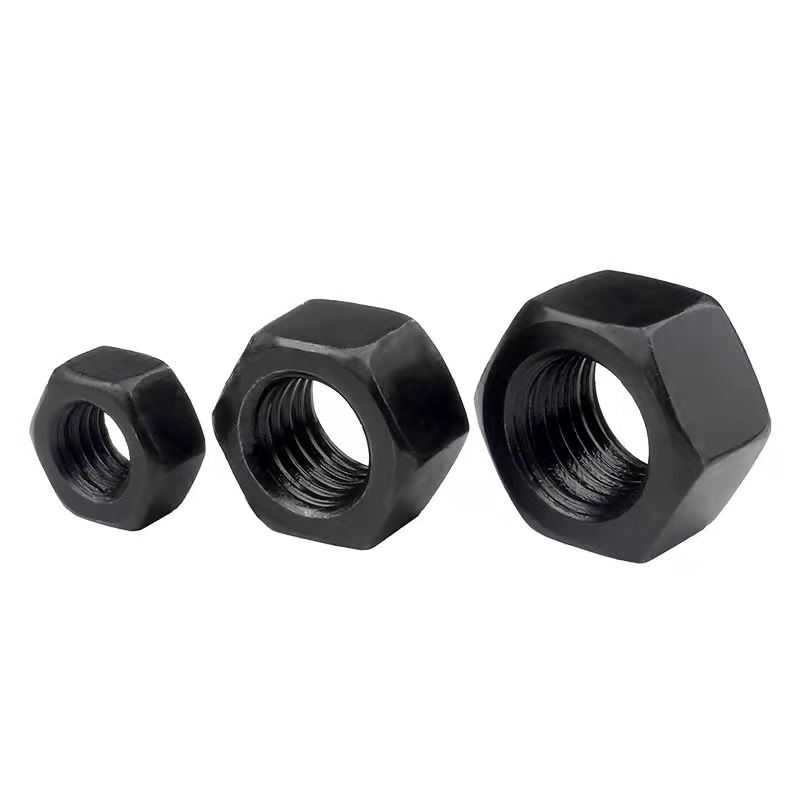china ac compressor stud bolt
Nov . 17, 2024 22:34 Back to list
china ac compressor stud bolt
Understanding China AC Compressor Stud Bolts A Comprehensive Overview
In the realm of automotive and industrial applications, the components that make up machinery and equipment play crucial roles in ensuring operational efficiency and reliability. One such component, often overlooked yet vital, is the stud bolt, particularly in the context of air conditioning (AC) compressors. This article delves into the significance of stud bolts in China’s AC compressor manufacturing industry, exploring their design, materials, and value in enhancing overall system performance.
The Role of Stud Bolts in AC Compressors
Stud bolts are threaded fasteners used to hold various components together securely. In AC compressors, they are critical for assembling parts such as the compressor housing, cylinder heads, and other integral components. Their primary function is to maintain the structural integrity of the compressor, which is essential for optimal performance and durability. The tightness of the stud bolts ensures that the internal pressures are managed effectively, preventing leaks and failures that could lead to costly repairs and unscheduled downtime.
Design and Specifications
The design of stud bolts used in AC compressors is tailored to meet specific requirements dictated by both mechanical stresses and thermal variations. Typically, these bolts must be able to withstand high pressure and extreme temperatures, particularly in environments typical of automotive systems.
In China, manufacturers focus on developing stud bolts that conform to international standards while also ensuring compatibility with various compressor models. Standard sizes and thread patterns are essential, as they allow for interchangeability and reduce assembly time and costs. Furthermore, factors such as tensile strength, yield strength, and corrosion resistance are crucial considerations in the design process.
Material Selection
The materials used in the production of AC compressor stud bolts are vital for achieving the necessary performance characteristics. Common materials include alloy steel, stainless steel, and carbon steel, each offering different properties that cater to specific application requirements.
china ac compressor stud bolt

- Alloy Steel Known for its high strength and toughness, alloy steel is often used for high-performance applications where durability is a priority. Treated properly, alloy steel stud bolts can resist high tensile loads and offer excellent fatigue resistance.
- Stainless Steel Corrosion resistance is the hallmark of stainless steel, making it suitable for environments where moisture presence is an issue, such as in automotive applications exposed to various weather conditions.
- Carbon Steel While not as strong as alloy or stainless steel, carbon steel is relatively inexpensive and is used in applications where the load requirements are moderate.
Manufacturing Practices in China
China’s AC compressor manufacturers are leveraging advanced manufacturing technologies to enhance the quality and precision of stud bolts. Investments in automated machinery have improved production efficiency and consistency, enabling manufacturers to produce high volumes of fasteners that meet rigorous quality standards.
Quality control practices are also being put in place to ensure that every batch of stud bolts performs as expected. From material testing to dimensional inspections, these practices ensure that the final product is reliable and can withstand the demands placed on it during normal operation.
Conclusion
In conclusion, stud bolts for AC compressors represent a crucial yet often underappreciated component in machinery design and functionality. The importance of these fasteners cannot be overstated, as they play a pivotal role in ensuring that compressors operate smoothly and efficiently. China's commitment to producing high-quality stud bolts, supported by rigorous design, material selection, and advanced manufacturing practices, positions the country as a key player in the global AC compressor market. As the demand for efficient and reliable air conditioning systems continues to rise, the value of robust components like stud bolts will undoubtedly remain significant in both current and future applications.
Latest news
-
Premium Phosphated Drywall Screws Supplier | Durable, Rust-Resistant
NewsAug.27,2025
-
Reliable Wire Bolts Suppliers | Quality Zinc Plated Fasteners
NewsAug.26,2025
-
Wire Bolts Suppliers: Durable & Reliable Fasteners for Every Project
NewsAug.25,2025
-
Premium Cabinet Bolts Supplier | Wholesale & Custom Solutions
NewsAug.24,2025
-
Reliable Axle Nuts Supplier | Quality & Precision Fasteners
NewsAug.23,2025
-
Durable Bolts for Lawn Mower Handle - Top Supplier & Manufacturer
NewsAug.22,2025
